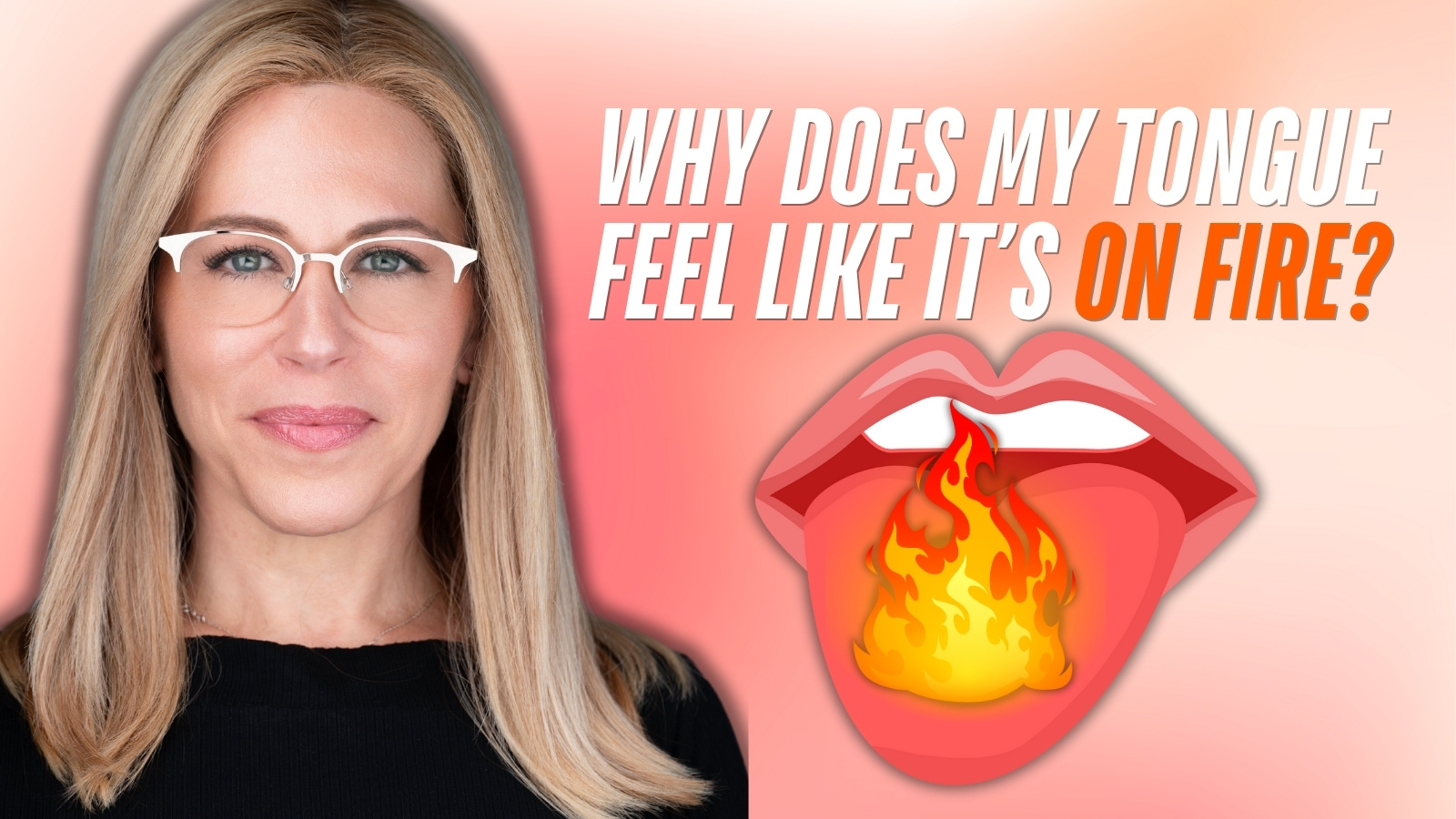

Susan is the owner and founder of Pelvicore Rehab & Wellness. Susan earned a masters degree from the College of Staten Island in 1998. During her almost 30 years of experience, she has gained extensive knowledge in the treatment of various populations such as orthopedics, manual therapy, geriatrics, pediatrics and men/women's pelvic dysfunction and treatment of the pregnant and postpartum women.
Have you ever felt like your tongue or mouth was burning—but without eating anything spicy or hot? If so, you’re not alone. A surprising number of people experience this condition, and it can be frustrating, painful, and even scary when you don’t know what’s causing it. This condition is known as Burning Mouth Syndrome (BMS), and while it’s still somewhat of a medical mystery, there are ways to manage it.
Burning Mouth Syndrome is exactly what it sounds like: a burning sensation in the mouth—most commonly on the tongue, lips, gums, or roof of the mouth. This sensation can come and go or persist daily, and often occurs without any visible signs or obvious cause.
While anyone can develop BMS, it’s most common in women over the age of 50, particularly those who are postmenopausal. That’s because hormonal changes are thought to be one potential trigger.
The exact cause of BMS can be hard to pin down. In fact, it’s often called a “diagnosis of exclusion,” meaning other conditions must be ruled out first. Potential causes include:
There’s no single test for BMS. Your doctor or dentist will likely ask about your medical history and symptoms and may recommend:
It’s important to be patient—the diagnostic process can take time.
Although there’s no one-size-fits-all cure, many people find relief with a combination of approaches:
Burning Mouth Syndrome can feel overwhelming, especially when it seems like there’s no clear cause. But you’re not alone—and there are effective ways to manage the symptoms and improve your quality of life. The first step? Start the conversation with a trusted healthcare provider.
00:00 – Introduction
00:40 – Common Symptoms of Burning Mouth Syndrome
01:25 – Who Is Most Affected?
02:00 – What Causes Burning Mouth Syndrome?
03:00 – Hormonal & Neurological Triggers
04:10 – What It’s Not: Misdiagnosed Causes
05:00 – How It’s Diagnosed
06:00 – Treatment Options
07:10 – Lifestyle Tips: What to Avoid
07:45 – Mental Health Connection
08:30 – When to See a Doctor
09:00 – Final Thoughts & Takeaways
Book your FREE health and wellness 15-minute discovery call at www.pelvicorerehab.com.